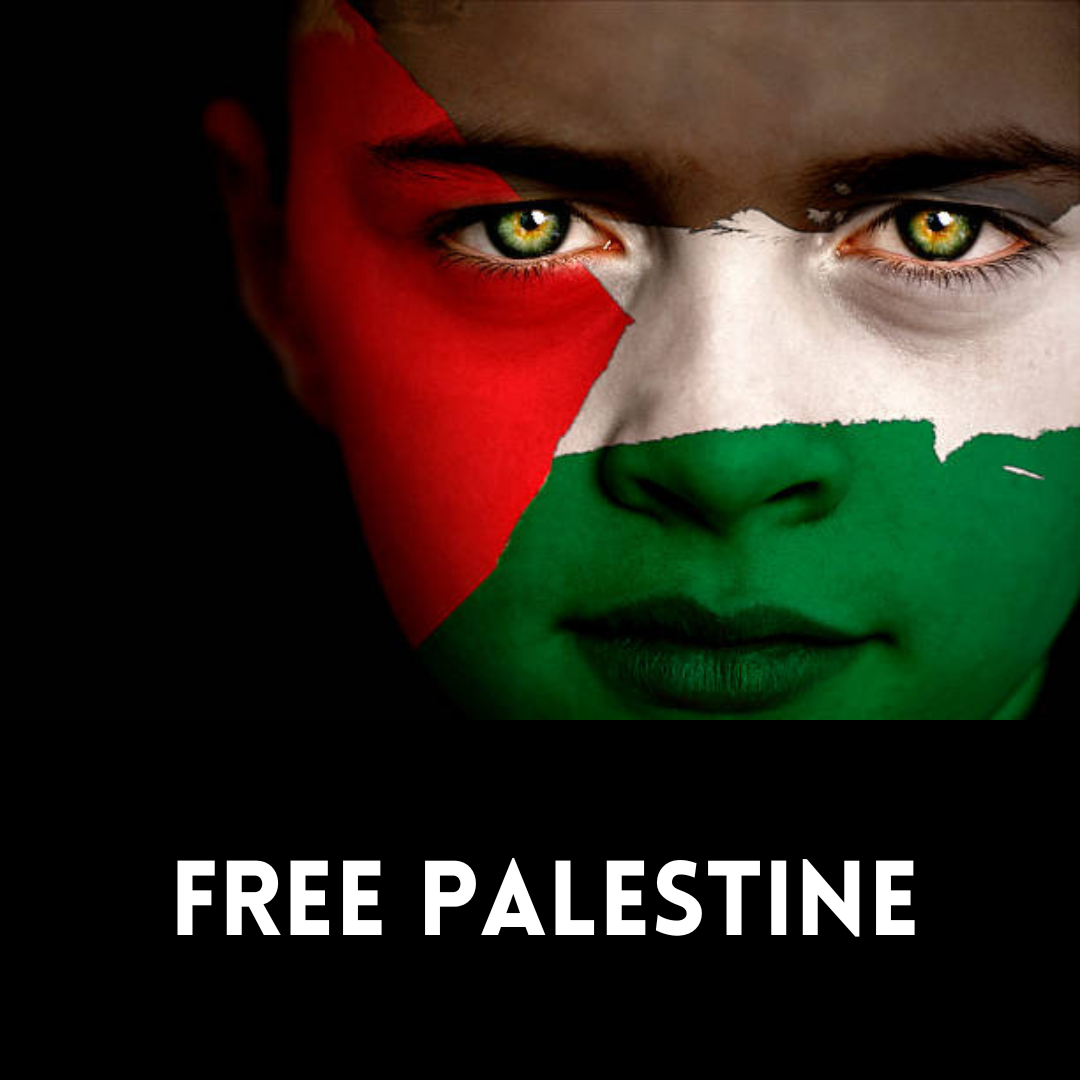
The Israeli occupation of Palestinian territories is a highly contentious and complex issue in international politics. Here’s a brief overview:
Background: The Israeli-Palestinian conflict dates back to the mid-20th century, with the establishment of the state of Israel in 1948 and subsequent conflicts over land and national identity. Israel gained control of the West Bank, including East Jerusalem, Gaza Strip, and other territories in the Six-Day War of 1967.
Legal Status: The United Nations and much of the international community consider Israel’s occupation of the West Bank, including East Jerusalem, and the Gaza Strip to be illegal under international law. The Fourth Geneva Convention prohibits the occupying power (Israel) from transferring its civilian population into the occupied territories, among other restrictions.
Settlement: One of the most contentious aspects of the Israeli occupation is the construction and expansion of Israeli settlements in the occupied Palestinian territories. These settlements are considered illegal under international law, violating the Fourth Geneva Convention. The settlements often result in the displacement of Palestinians, restrict their freedom of movement, and undermine the prospects for a two-state solution.
Security Barrier: Israel has constructed a barrier, consisting of a combination of fences, walls, and checkpoints, in and around the West Bank. While Israel argues that the barrier is necessary for security reasons to prevent terrorist attacks, Palestinians and many in the international community criticize it for its negative impact on Palestinian communities, dividing Palestinian territories, and further entrenching the occupation.
Gaza Blockade: Since 2007, Israel has maintained a blockade on the Gaza Strip, controlling its borders, airspace, and territorial waters. The blockade severely restricts the movement of people and goods, exacerbating humanitarian conditions in Gaza and contributing to a dire socio-economic situation.
how Pakistani people can help the people of Palestine?
Pakistani people can help the people of Palestine in various ways, despite the geographical distance between the two regions. Here are some ways Pakistani individuals and communities can extend their support:
Raising Awareness: Pakistani citizens can raise awareness about the Palestinian cause within their communities, educational institutions, and social circles. This includes sharing information about the historical context, ongoing challenges, and humanitarian needs of Palestinians through social media, public events, and educational forums.
Donations and Humanitarian Aid: Pakistani individuals and organizations can contribute to reputable humanitarian organizations that provide aid and assistance to Palestinians in need. Donations can support essential services such as healthcare, food aid, education, and shelter for Palestinian refugees and communities affected by conflict and displacement.
Political Engagement: Pakistani citizens can engage in advocacy efforts to raise their voices in support of Palestinian rights and a just resolution to the Israeli-Palestinian conflict. This may involve contacting elected representatives, government officials, and international bodies to urge them to take meaningful action to end the Israeli occupation, uphold international law, and support Palestinian self-determination.
Boycott, Divestment, and Sanctions (BDS): Pakistani individuals and institutions can participate in the BDS movement, which calls for nonviolent economic and political pressure on Israel to end the occupation and respect Palestinian rights. This may include boycotting products and companies that support the occupation, divesting from investments in Israeli companies, and advocating for sanctions against Israel until it complies with international law.
Supporting Grassroots Initiatives: Pakistani civil society organizations, activists, and communities can support grassroots initiatives and solidarity campaigns that promote justice, equality, and peace for Palestinians. This may include participating in events, campaigns, and initiatives that raise awareness, challenge the occupation, and foster dialogue and solidarity between Pakistani and Palestinian communities.
Cultural and Educational Exchange: Pakistani educational institutions, cultural organizations, and media outlets can promote cultural and educational exchange programs with their Palestinian counterparts. These initiatives can help foster mutual understanding, empathy, and solidarity between Pakistani and Palestinian people, despite the geographical distance between the two regions.
By taking these actions, Pakistani individuals and communities can contribute to efforts to support the rights, well-being, and aspirations of the Palestinian people, and work towards a just and peaceful resolution to the Israeli-Palestinian conflict.
